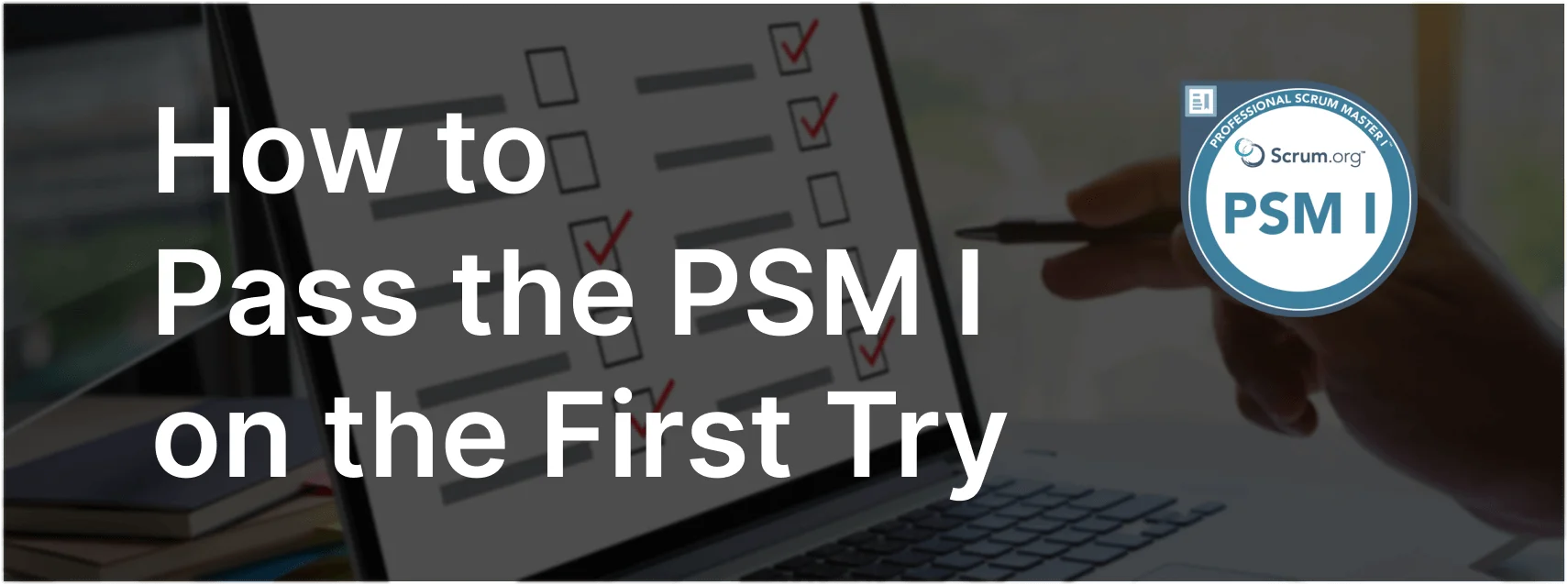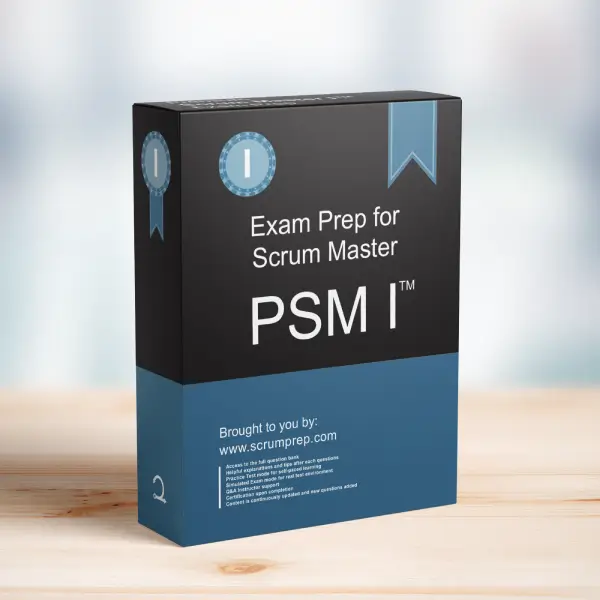Handling Undone Product Backlog Items at the End of a Sprint
In Scrum, it’s crucial to adhere to the Definition of Done to ensure the quality and completeness of the increment. This question explores what should be done with a Product Backlog item that does not meet the Definition of Done by the end of a Sprint.
Exam Question
At the end of a Sprint, a Product Backlog item worked on during the Sprint does not meet the Definition of Done. What two things should happen with the undone Product Backlog item?
(choose the best two answers)
A. Put it on the Product Backlog for the Product Owner to decide what to do with it.
B. If the stakeholders agree, the Product Owner can accept it and release it to the users.
C. Do not include the item in the Increment this Sprint.
D. Review the item, add the done part of the estimate to the velocity and create a Story for the remaining work.
Correct Answers
A. Put it on the Product Backlog for the Product Owner to decide what to do with it.
C. Do not include the item in the Increment this Sprint.
Explanation
Why A and C are Correct
A. Put it on the Product Backlog for the Product Owner to decide what to do with it: In Scrum, the Product Owner is responsible for managing the Product Backlog, including deciding the fate of undone items. When a Product Backlog item is not completed, it is returned to the Product Backlog, where the Product Owner can re-prioritize or refine it for future Sprints.
C. Do not include the item in the Increment this Sprint: The Definition of Done ensures that only work meeting predefined quality standards is included in the increment. If an item does not meet the Definition of Done, it cannot be considered complete and should not be included in the increment for that Sprint.
Key Points
- Definition of Done: A shared understanding within the Scrum Team of what it means for work to be complete, ensuring quality and consistency.
- Product Backlog Management: The Product Owner is responsible for deciding what to do with undone items, ensuring they are properly refined and ordered.
- Increment Quality: Only items that meet the Definition of Done should be included in the increment, ensuring that each increment is potentially releasable.
Responsibilities in Scrum
Product Owner: Ensures the Product Backlog is ordered and refined to maximize value and align with the team’s capacity. Decides the fate of undone Product Backlog items, ensuring they are managed appropriately.
Scrum Master: Facilitates the Sprint Planning event, ensuring the team collaboratively defines a clear and achievable Sprint Goal. Helps the team adhere to the Definition of Done and maintain high quality in every increment delivered.
Developers: Collaborate to create the Sprint Goal and the Sprint Backlog, ensuring all work aligns with the Sprint Goal. They are responsible for delivering a valuable increment that meets the Definition of Done by the end of the Sprint.
Relevance to the PSM I Exam
Understanding how to handle undone Product Backlog items is crucial for the PSM I exam. It highlights the importance of adhering to the Definition of Done and the role of the Product Owner in managing the Product Backlog. Knowing how to manage incomplete work ensures that the team maintains high quality and delivers potentially shippable increments each Sprint.
Conclusion
In summary, undone Product Backlog items should be returned to the Product Backlog for the Product Owner to manage, and they should not be included in the increment. This practice ensures that the increment maintains high quality and meets the Definition of Done.
For comprehensive preparation and practice exams, check out PSM I Exam Prep to enhance your understanding and application of Scrum principles.




